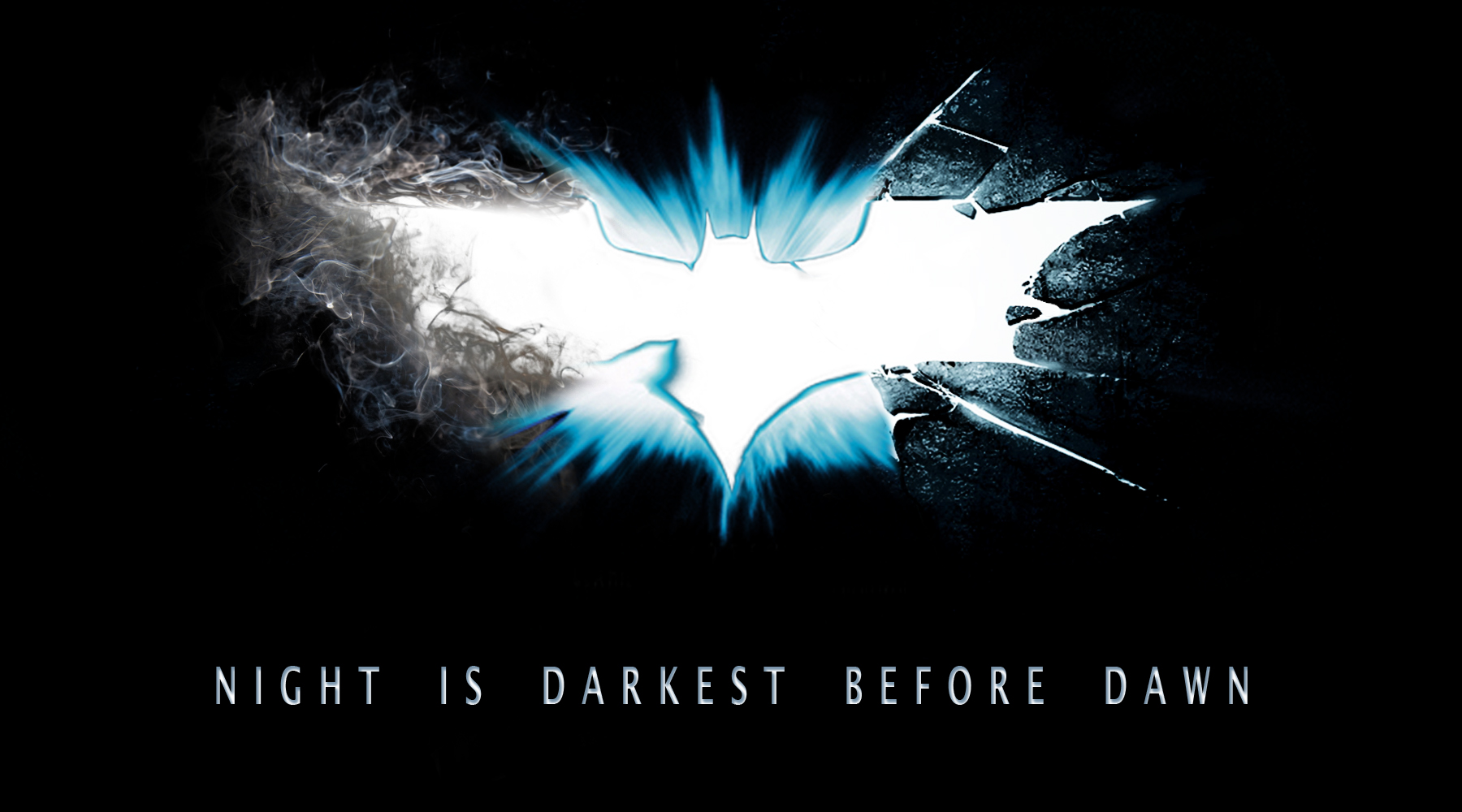
Apocalyptic movies have been a important genre of
film since the beginning of modern cinema and highlight the human fascination
with our own destruction and the repercussions of it. In Dan Archer’s
comic he describes apocalypse as myth that provides a “unifying ‘do good’
feel." As seen in movies like World War Z, Apocalypse unifies us in
protection of humanity. Destruction causes people to give and work towards
survival without bias and hatred. In World War Z, Brad Pitt's character and his
family take refuge inside of the apartment of a immigrant family. Despite their
differences and language barriers, both parties work cooperatively to survive.
Countless examples like this arise is every apocalyptic movie from Apocalypse
Now to World War Z. Despite the varying changes that may come to apocalyptic
movies, humans always survive. Despite the conscious fear of our own impending
destruction, humans always find a way to survive as a species. This facet of
the "end of days" narrative has
always exemplified a true hope in humanity. As Elaine Pagels writes,
"the Book of Revelation appeals not only to fear and desires for
vengeance but also to hope."
This fascination with
hope is shown is the evolution in the apocalyptic genre. Recent
movies like The Hunger Games and the City of Ember highlight the
post-apocalyptic society. More than simply show the apocalypses and how
humanity survives; new movies have highlighted the societal repercussions of
survival. The Hunger Games takes place in a nation known as Panem. Panem is established a after the destruction of the continent's civilization by an unknown
apocalyptic event. In the aftermath, a state is created in which the
capital suppresses the surrounding thirteen districts, resulting is a
revolution. The Hunger Games especially, showcases the evils that
still may exist after the end of days. Moreover, it fights against the common
Christian notion that good permanently triumphs after the
Armageddon. While, our conception of apocalypse will remain the same, it
is interesting to see how that fascination has evolved into post-cataclysmic
fear.

